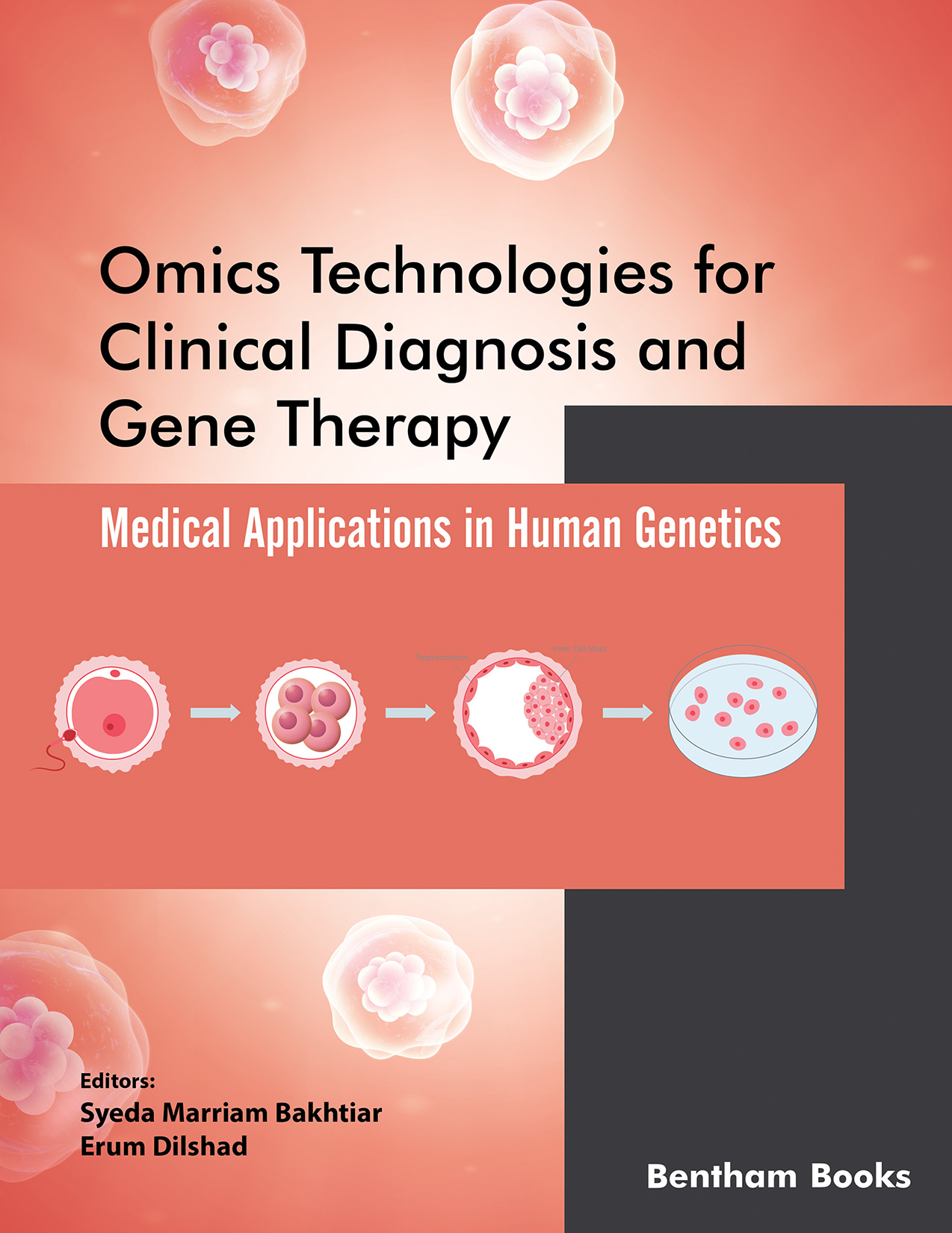Regenerative Medicine

- Authors: Hajra Qayyum1, Syeda Marriam Bakhtiar2
-
View Affiliations Hide Affiliations1 Department of Biosciences and Bioinformatics, Capital University of Science and Technology, Islamabad, Pakistan 2 Department of Biosciences and Bioinformatics, Capital University of Science and Technology, Islamabad, Pakistan
- Source: Omics Technologies for Clinical Diagnosis and Gene Therapy: Medical Applications in Human Genetics , pp 79-92
- Publication Date: October 2022
- Language: English
Regenerative medicine (RM) is defined as a replacement and revival of human cells, tissues, or organs to reinstate or reconstruct their normal physiology. RM is regarded as a solution to provide healthy substitutes for a malfunctioning/failed organ or a tissue. It is emerging as the suitable substitute for organ transplantation. Transplantation seems impractical due to the limited availability of donors as significant disparities lie between the number of patients that require transplantation and the availability of organs from the donor, so there was a gap created. Therefore, to comply with these needs, RM has emerged as a new science to create biological replacements and exploit the body's ability of regeneration to recover and sustain normal function in diseased and damaged tissues. This chapter overviews RM in terms of adopted strategies, its clinical applications in organ engineering along with inherited challenges and their plausible solutions.
-
From This Site
/content/books/9789815079517.chap6dcterms_subject,pub_keyword-contentType:Journal -contentType:Figure -contentType:Table -contentType:SupplementaryData105

